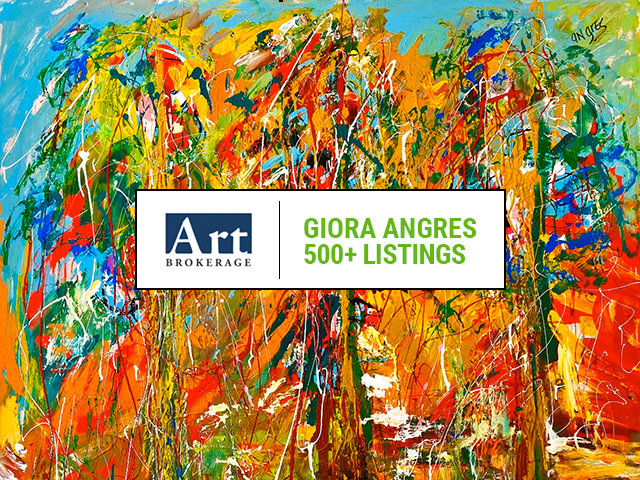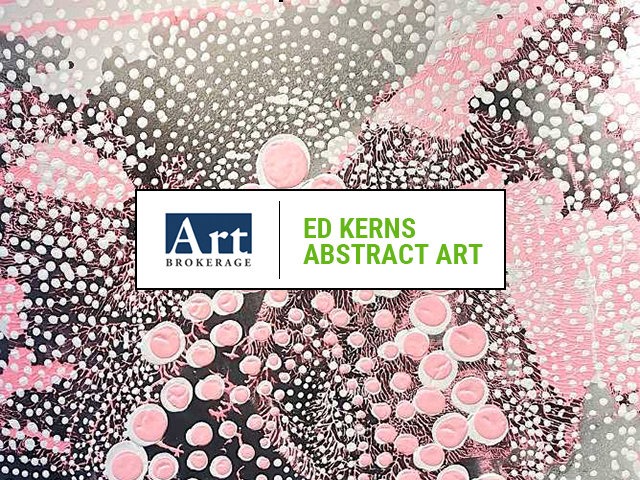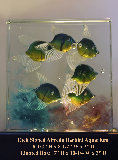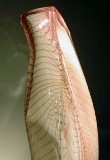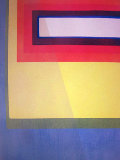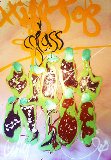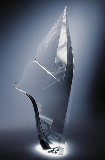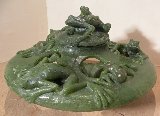-

-
Dominick Labino
United StatesArt Brokerage: Dominick Labino American Glass Artist: 1910-1987. Dominick Labino was trained as an engineer at the Carnegie Institute of Technology and began his professional career at Owens-Illinois, Inc., a glass manufacturing plant in Clarion, Pennsylvania. In 1944, Dominick left Owens-Illinois to pursue the fiber glass industry with long-time business partner and Executive VP of I-O, Randolph H Barnard. Randolph formed Glass Fibers, Inc. in Toledo, Labino was the head of Research and Development. In 1958, Johns-Manville acquired Glass Fibers, Inc., creating Johns-Manville's modern fiber glass division. Labino stayed on as Vice President and Director of Research and development until his retirement in 1965. Labino continued to serve as a research consultant until 1975. Labino was an innovator in the processes and machines used in forming glass fibers. Three of his inventions employing fiberglass were used in the Gemini and Apollo spacecraft to insulate them against extreme temperatures. In March, 1962 Harvey Littleton, then a ceramics instructor at the University of Wisconsin-Madison, held the first of two week-long glassblowing workshops in a storage shed on the grounds of the Toledo Museum of Art. He had presented the workshop idea to the museum's director, Otto Wittmann, who agreed to it perhaps, Littleton suggested, as a means to draw a broad public to the museum. An industrial glass town, Toledo was home to the Libbey Owens Ford Company, as well as Johns-Mansville, which had purchased Toledo's L.O.F. Glass Fibers company in 1958. Littleton enlisted Labino's help in the workshop for his knowledge of glassblowing's technical aspects. Labino initially advised Littleton about the type of fire bricks to use in the construction of the furnace for the workshop. Labino also donated the steel and burner for the furnace, while Littleton brought the bricks from his studio in Wisconsin. Thus the stage was set for the seminal event of the Studio Glass Movement. The workshop, which began on March 23, did not start out smoothly. In 1963 Labino set up his own glass studio on his farm near Grand Rapids, Ohio. He designed glass-blowing and finishing tools; built his own furnaces and annealing ovens; and began freehand blowing with molten glass. Through his research and development of new technologies, like the fusing of colors, he provided artists with the methods and tools to create glass as art in their own studios, no longer making it necessary to involve glass factories in their creative process. Labino opened his studio under the auspices of the Toledo Museum of Art School of Design in 1966 and 1967 to present three workshops. His interest in the education of fine artists in glass-working materials and techniques was furthered by the publication of his book Visual Art in Glass (W.C. Brown Company, publishers) in 1967. Some of the national and international museums that have collected Dominick Labino's art work in glass include: Toledo Museum of Art, Toledo, Ohio; Cleveland Museum of Art, Cleveland, Ohio; Art Institute of Chicago, Chicago, Illinois; Corning Museum of Glass, Corning, New York; Chrysler Museum of Art, Norfolk, Virginia; Fowler Museum, Los Angeles, California; Smithsonian Institution, Washington, D.C.; Victoria & Albert Museum, London, England; Kuntsmuseum, Düsseldorf, Germany; National Glasmuseum, Leerdam, Holland; Pilkington Glass Museum, England and Museum für Kunst und Gewerbe in Hamburg, Germany. Listings wanted.
Read More + - Create Listing 1 Artworks for sale 2 Followers
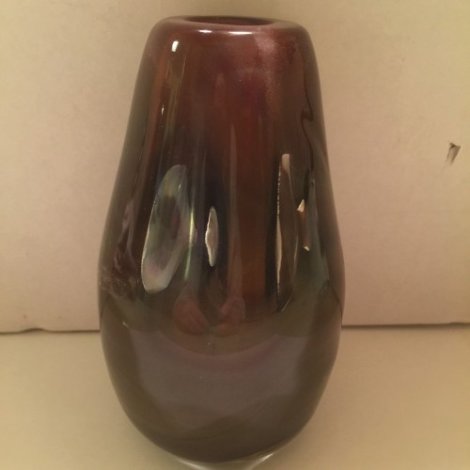
|
Dominick LabinoUntitled Glass Vessel 1978 - UniqueSculpture: Glass, Hand Signed5x3x4 in | 13x8x10 cm |
-
Art Wanted
We have interested buyers looking for these artworks by Dominick Labino:
- CREATE AD
- Art Brokerage Requests (1)

